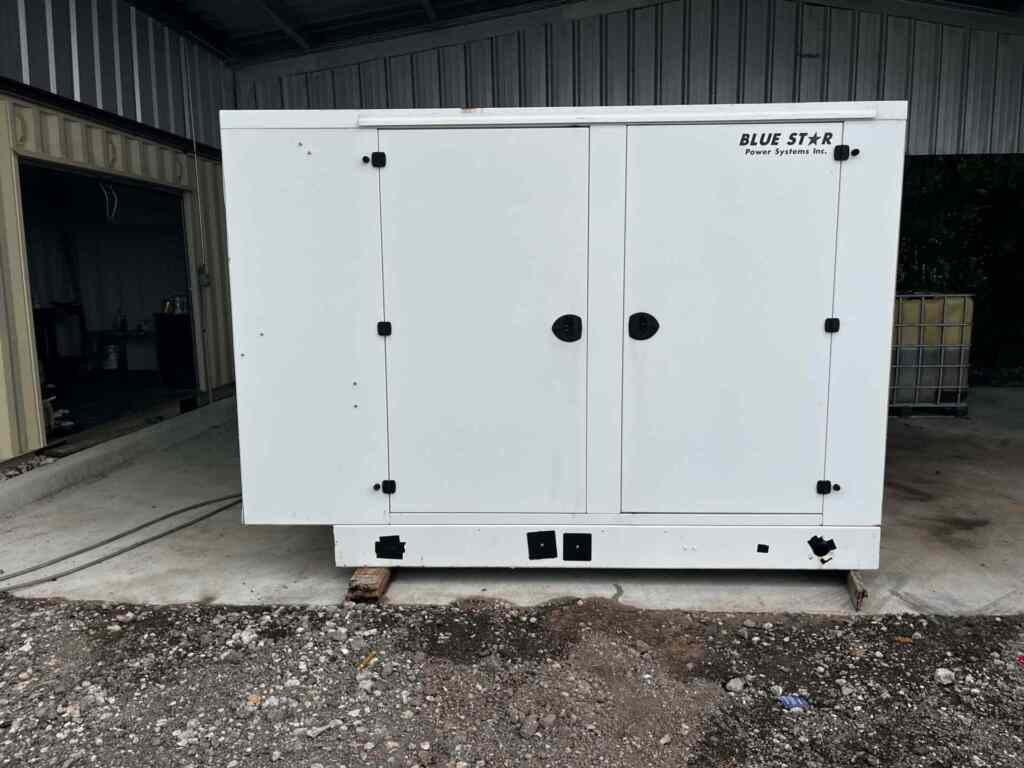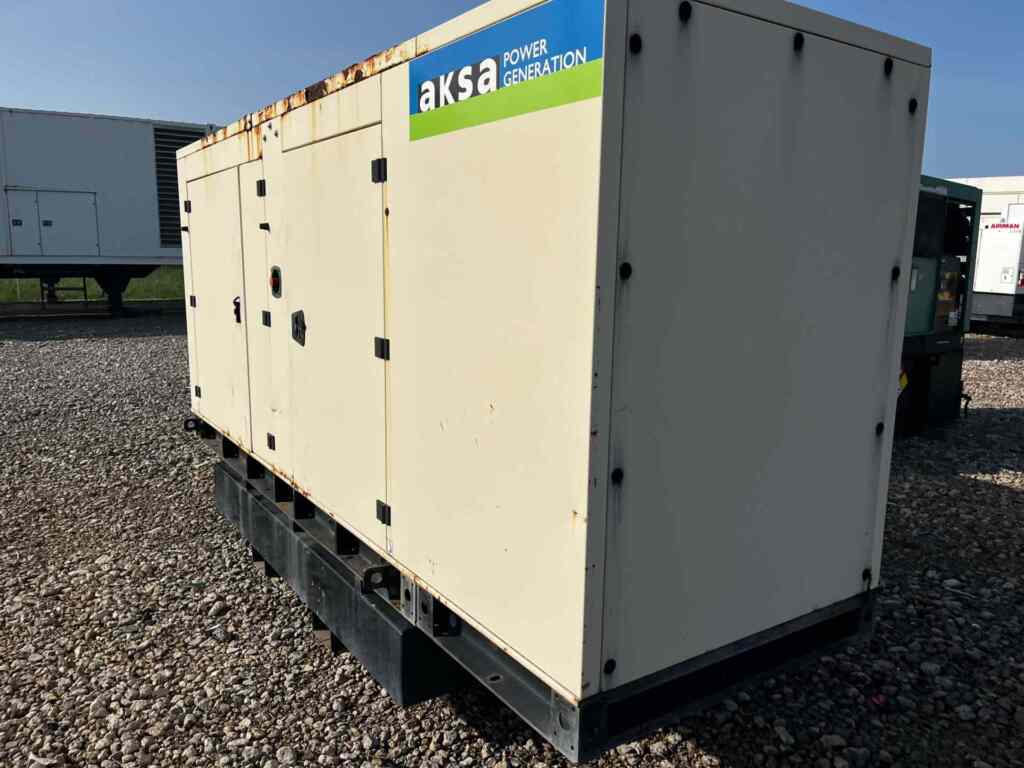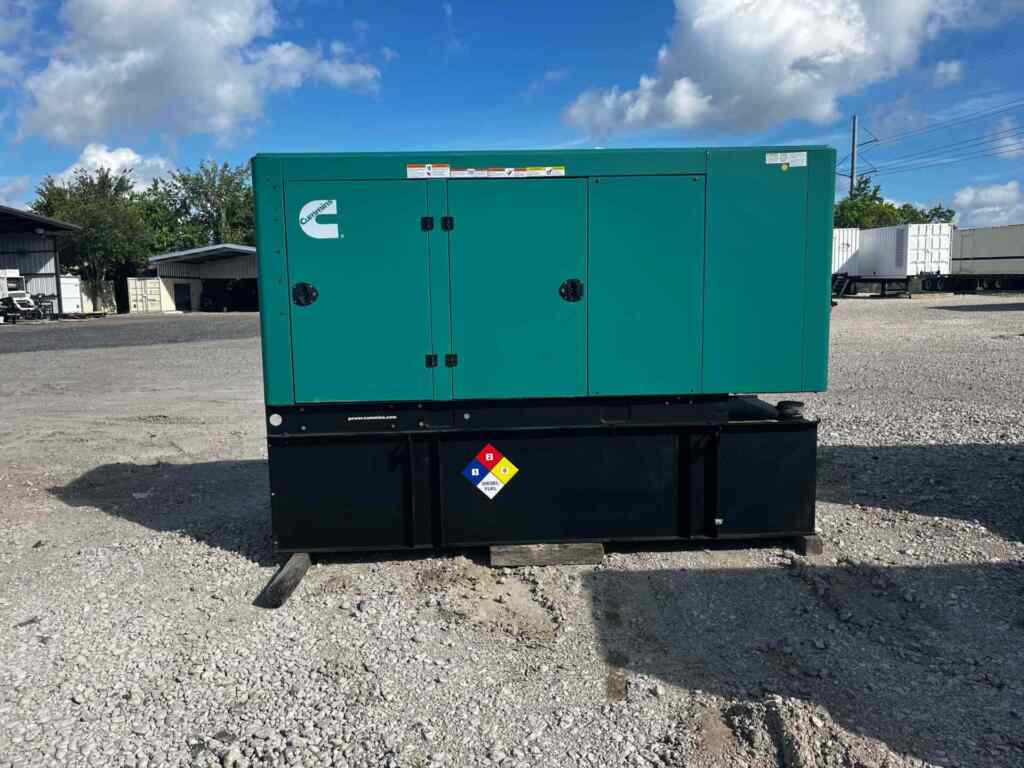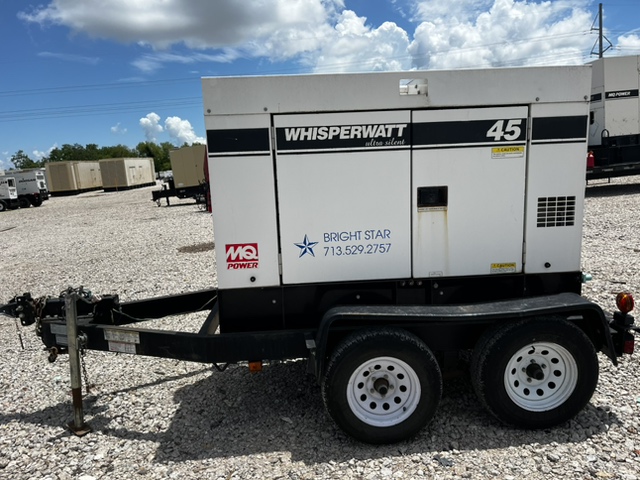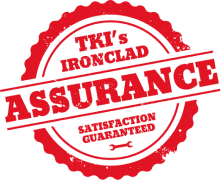Using a generator as a backup power source during power outages is common, but many people do not know the difference between an emergency generator and a standby generator. Knowing the difference between the two is important because emergency generators are classified differently than standby systems. Emergency generator requirements differ from those of standby generators, too – which can impact the permit your facility needs to acquire before a generator system is installed.
Emergency Generators Vs. Standby Generator Systems
Both emergency and standby power systems use fuel (gasoline, diesel, or propane) to create the electricity needed for a facility during a power outage. However, the two types of generators serve different purposes. Although both play a vital role in keeping facilities operational, the type of business or organization that you are running dictates the type of emergency generator requirements you will need to follow.
What Type Of Facility Is Required To Use An Emergency Generator?
What determines the need for either emergency or standby power in a facility? In most cases, this is generally determined by a fire safety code or building code and can be influenced by occupancy type, facility use, critical function, and equipment served. There are two levels of emergency generators, Level 1 and Level 2.
An emergency backup generator is designed to switch on automatically and to provide power to critical systems during a power outage. This type of backup system will automatically start up in approximately 10 seconds, which is much faster than the minute standby generators need to get up to speed. Emergency generator requirements specify that these types of systems are designed to operate independently with their own conduits and panels. This ensures that the system maintains a constant supply of power when it needs it most.
Where is a Level 1 emergency generator typically used? A few examples are listed below:
- High-occupancy buildings such as hotels, theaters, sports arenas, and health care facilities, where light is required near exits in order to ensure guest safety.
- Hospital settings – where fire codes generally require that emergency generators are tied to vital medical equipment such as respirators.
- Radio systems for firehouses, police stations, and 911 operators, to ensure that emergency services can be reached even if grid power is down.
Level 2 emergency backup generators are also known as required standby generators. These systems are generally installed where the failure of a system does not impact human life or safety.
When To Use A Standby Generator At Your Facility
While emergency generator systems are used in applications that are critical to life and safety, standby systems are considered less essential. There are two different types of standby power supply generators: legally required and optional. Legally required standby power systems are not critical to life, but without them, hazards could arise that might hinder firefighting operations or rescue attempts. Optional standby power systems have no code requirements and provide backup power on a discretionary basis.
- Legally required standby power systems – this type of power system is most often installed to ensure power to heating and refrigeration systems, communications systems, ventilation and smoke removal systems, sewage disposal, and lighting systems. Legally required standby generators may also be used to support some medical devices, as well as industrial processes that, in the absence of an alternate power source, could create hazards during a failure in the electricity system.
- Optional standby power systems – optional generators have no code requirements and provide backup power in instances where the safety of people does not depend on the system’s performance. Simply put, if an optional generator fails to start up during an emergency, human life or safety will not be compromised. Financial services, data centers, and Internet hosting companies are likely to have optional generators to avoid disruption to their operations and ensure business continuity.
The Big Difference Between Emergency and Standby Generators
Emergency generator requirements differ from standby generator requirements based on many factors, including those put forth by state and local jurisdictions. These requirements can affect the type of generator you install at your facility. But there are two other things to keep in mind as you research the type of generator that best fits your needs and follows all required codes.
- Legally required standby systems are permitted to have 60 seconds to automatically transfer the power load from grid power to emergency backup power, where emergency systems transfer the load in 10 seconds. In critical applications, like hospitals, these precious seconds matter.
- Emergency backup generators are required to have separate conduits and panels to guarantee continuity of power during an outage. However, a legally required standby system can share the same cables, boxes, and cabinets with a facility’s general wiring. In rare instances, this can cause problems for the emergency power system.
There are many things to consider when purchasing a generator. Not only do you need to know how much power you use to get a generator large enough to run all of your equipment, but you need to be knowledgeable about local building and fire codes to ensure you don’t purchase the wrong type of generator for your facility. A good retailer can help answer your questions and ensure that your facility keeps running, no matter what happens.
 Turnkey Industries offers a variety of high-capacity
Turnkey Industries offers a variety of high-capacity 